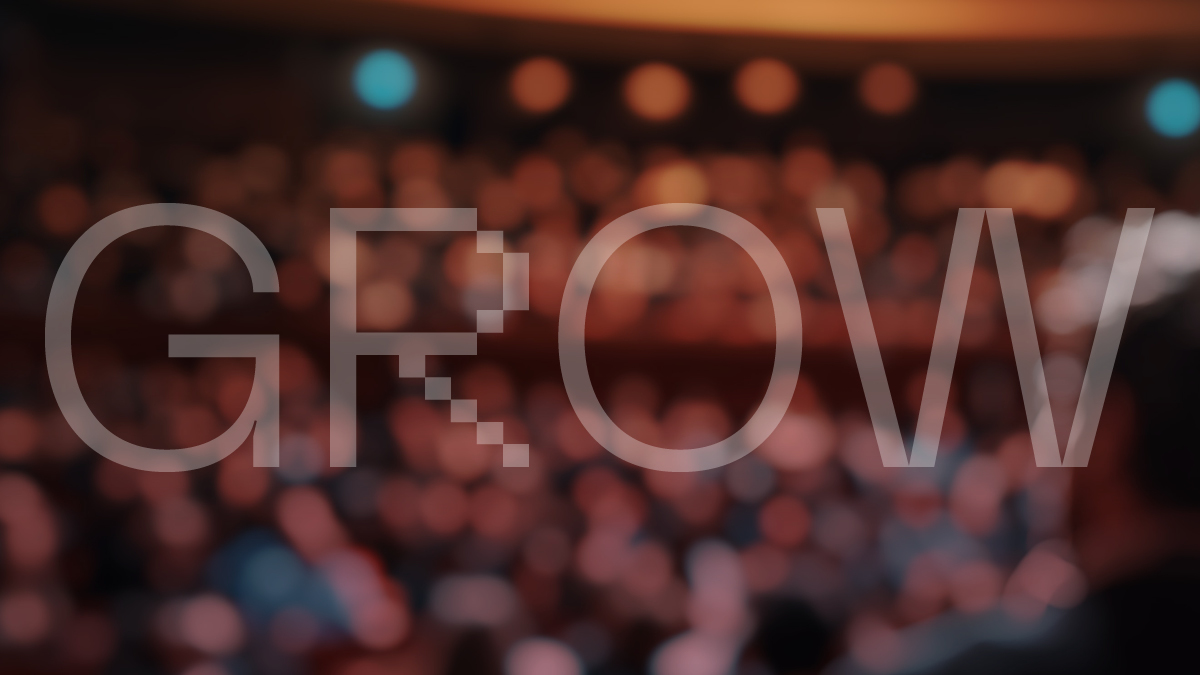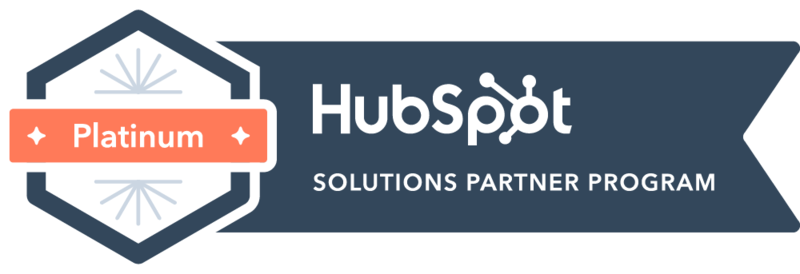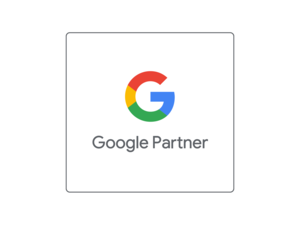Will new Bing change anything?
Generative AI is a hot topic right now, and some big names are battling for airspace - keen to prove that their bot is the best. But will new Bing change the way we approach SEO in B2B marketing?
We’ve already taken a broader look at what AI generated content might mean for content creators; in this blog we cover the new Bing search engine in more detail, start to make some comparisons to Google’s, ‘experimental conversational AI service’ Bard, and think about what new Bing could mean for search engine optimisation (SEO) - with the help of Pod’s own SEO manager Richard Nicol.
What is new Bing?
Most people who are familiar with the original manifestation of Bing would probably sum it up as the Microsoft search engine that didn’t perform as well as Google. In fact, getting Bing’s core search results functioning to the same standard as its biggest rival has been an ongoing goal for Microsoft for more than a decade now.
Could this be Microsoft’s moment?
A well timed partnership with OpenAI means that new Bing is powered by ChatGPT, giving the search engine a more advanced conversational model and enhanced ‘large language’ functionality. Billed as ‘your AI copilot for the web’ reviews so far have been mixed, with some excitedly claiming that new Bing’s powerful capabilities make it a contender for the web search crown and others proclaiming that we call web search ‘Googling’ for a reason, and it’s likely to stay that way. So what does our own SEO expert think? Let’s find out…
What’s are your first impressions of new Bing?
It’s certainly powerful. It is capable of indexing content very, very fast. And uniquely (for the moment at least), it can crawl content published on social media profiles – a dimension of the web that hasn’t historically been presented well in Search.
How does the user experience of new Bing compare to its predecessor?
When comparing the new Bing to the old version, the only major difference is the chat integration. The core search results appear to be effectively the same, which is a very important part of Search - so there’s quite a lot of improvement still to be made there. But that doesn’t discount the impact that new Bing can have with AI-powered results. While featured snippets are still present on new Bing, the search box with prompts does make for a more engaging experience.
Can new Bing dethrone Google?
New Bing with AI-powered results still isn’t enough to dethrone Google, in my opinion. We did see a substantial amount of new search behaviour with ChatGPT, including longer tail and question searches, which opened up a new paradigm of what users can gain from using a search engine. New Bing captures a lot of that search behaviour, which in my opinion, wasn’t really being reflected in Google’s search engine anyway. This would essentially mean that new Bing in its current form has the potential to take some traffic away from Google, but this would only make a small dent in Google’s search volume.
How does new Bing compare to Chat GPT?
I think new Bing is a big upgrade from the existing ChatGPT functionality and interface. It provides near real-time (there’s a small delay) access to the web, which is a major advantage over ChatGPT and makes their dataset significantly stronger than OpenAI’s free offering. I can see myself using new Bing far more often than I have been with ChatGPT.
An interesting part about new Bing is that it often provides AI-powered answers alongside both knowledge panel and featured snippet results. New Bing adds the chat prompts to other features of search alongside the chat box. If users click one of the prompts, it then takes the user to the more immersive chat experience that scrolls upward to a separate section of the page.
The downside of incorporating Chat functionality as an extension, Instead of replacing SERP features, is that it’s doubling up on answers in many cases, which does appear quite messy in its current form.
How does new Bing compare to Bard? Is there any one feature that makes it stand out in comparison?
The Bard proposal doesn’t currently site sources for results in a way that would provoke a click to a website for users. New Bing’s approach allows for effective referencing, similar to what Neeva, a private, ad free search engine, does currently. NORA (No One Right Answer) is a key term for SEO professionals to keep in mind. I would expect that Google’s Bard will focus more heavily on these queries, continuing to use SERP features such as featured snippets which already address the intent of a high portion of queries quite effectively.
In conclusion, new Bing holds promise, but still has a long way to go and hasn’t addressed many of the issues that have held it back from being competitive with Google. For now, SEO will continue to centre around Google as that’s where most of the search traffic will be found.






 Richard Nicol
Richard Nicol
 Alexander Costello
Alexander Costello
 Jessica Keynes
Jessica Keynes
 Raven Wheatley-Hawkins
Raven Wheatley-Hawkins






.png)


